WASHINGTON (7News) – The bright yellow signs declaring a juvenile curfew zone in D.C.’s U Street Corridor will come down Sunday night, just as thousands of students prepare to head back to class Monday for the start of the DC Public Schools (DCPS) academic year.
Curfew Zones and Public Safety Concerns
The Juvenile Curfew Emergency Amendment Act of 2025 gives the Metropolitan Police Department (MPD) chief authority to establish targeted curfew zones in areas facing heightened safety concerns. While a citywide curfew for minors is already in place from 11 p.m. through the overnight hours, these zones impose earlier restrictions.
In a designated curfew zone, youths 17 and under are prohibited from gathering in groups of nine or more between 8 p.m. and 11 p.m.
This weekend, MPD Chief Pamela Smith authorized a curfew zone for the bustling U Street Corridor, a popular nightlife district that has recently seen rising concerns about crime and large gatherings of teens.
Mixed Reactions From Residents
Community response to the U Street curfew has been divided. Some neighbors support the measure as a step toward addressing public safety, while others question its effectiveness.
“It’s kind of a reactionary step instead of providing more services for teens, like making sure they have places to go after school, opportunities, jobs, programs, things like that,” said Kirsten Neus Swift, who lives near the zone. “Investing in the community would do more.”
Hilary Stiss, another resident, echoed skepticism:
“I think it’s a temporary fix, but I don’t think that is really the issue in this area. We’ve had some car break-ins, but I’m not sure that is going to solve the crime issue.”
Others expressed cautious support. A resident who identified herself only as Amanda said:
“I think it’s a good first step, but I also think more needs to be done. Teenagers know there’s not enough of a consequence, which is why they continue to behave this way.”
Bria Petzold added, “I think something needs to be done, but I’m not sure what that is. It sounds like they’re doing the juvenile curfew. I’m not sure how effective that would be, but they need to try something, so that seems like the first actual step.”
Recent History of Curfew Zones
The U Street designation comes after multiple curfew zones were recently enforced in the Navy Yard neighborhood following a series of teen “takeovers” and even a shooting. Despite concerns, MPD reported zero curfew violations in those Navy Yard operations.
7News reached out to MPD to learn if any violations were recorded on U Street. Officials had not responded as of publication, though such data is typically released once a curfew zone concludes.
Federal Patrols Intensify in D.C.
Curfews aren’t the only sign of heightened security in the city. Federal officers and National Guard troops remain stationed throughout D.C. under a controversial White House directive.
“This will be one of the safest places anywhere on Earth,” President Donald Trump said Friday from the Oval Office. “The National Guard has done such an incredible job working with the police. We haven’t had to bring in the regular military, which we’re willing to do if we have to.”
A White House official reported that 910 arrests have been made since the federal patrols began more than two weeks ago, including 93 arrests overnight Saturday into Sunday.
Youth Speak Out
For many young people in D.C., the increased police and federal presence has created an atmosphere of fear rather than reassurance.
“I feel the fear every day. Even more than that, I worry for my younger siblings,” said one recent high school graduate.
A current DCPS student was more blunt:
“Nothing that we need is being given to us: more mental health resources, access to quality housing, healthcare, and better transportation to school.”
Their comments highlight a tension between security-focused policies and the deeper social needs many young residents say are being overlooked.
Start of the School Year
As curfew zones wind down, attention now turns to Monday’s first day of class for DC Public Schools. Parents and students are preparing for a new academic year, but some residents wonder if the federal patrols will remain in place as children head to school.
“It’s scary,” said Neus Swift. “I know there’s been some remarks about whether there’s going to be federal agents at the start of school next week.”
For now, D.C. finds itself balancing two realities: a city determined to keep its streets safe, and a community questioning whether curfews and armed patrols are the right way to achieve that goal.

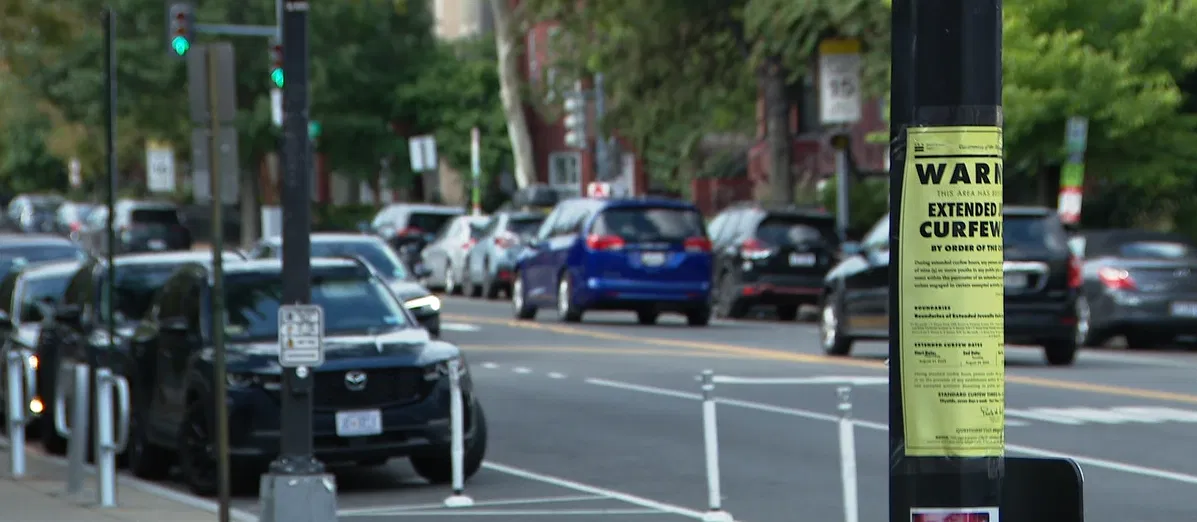
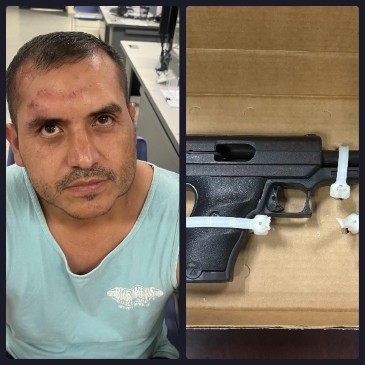

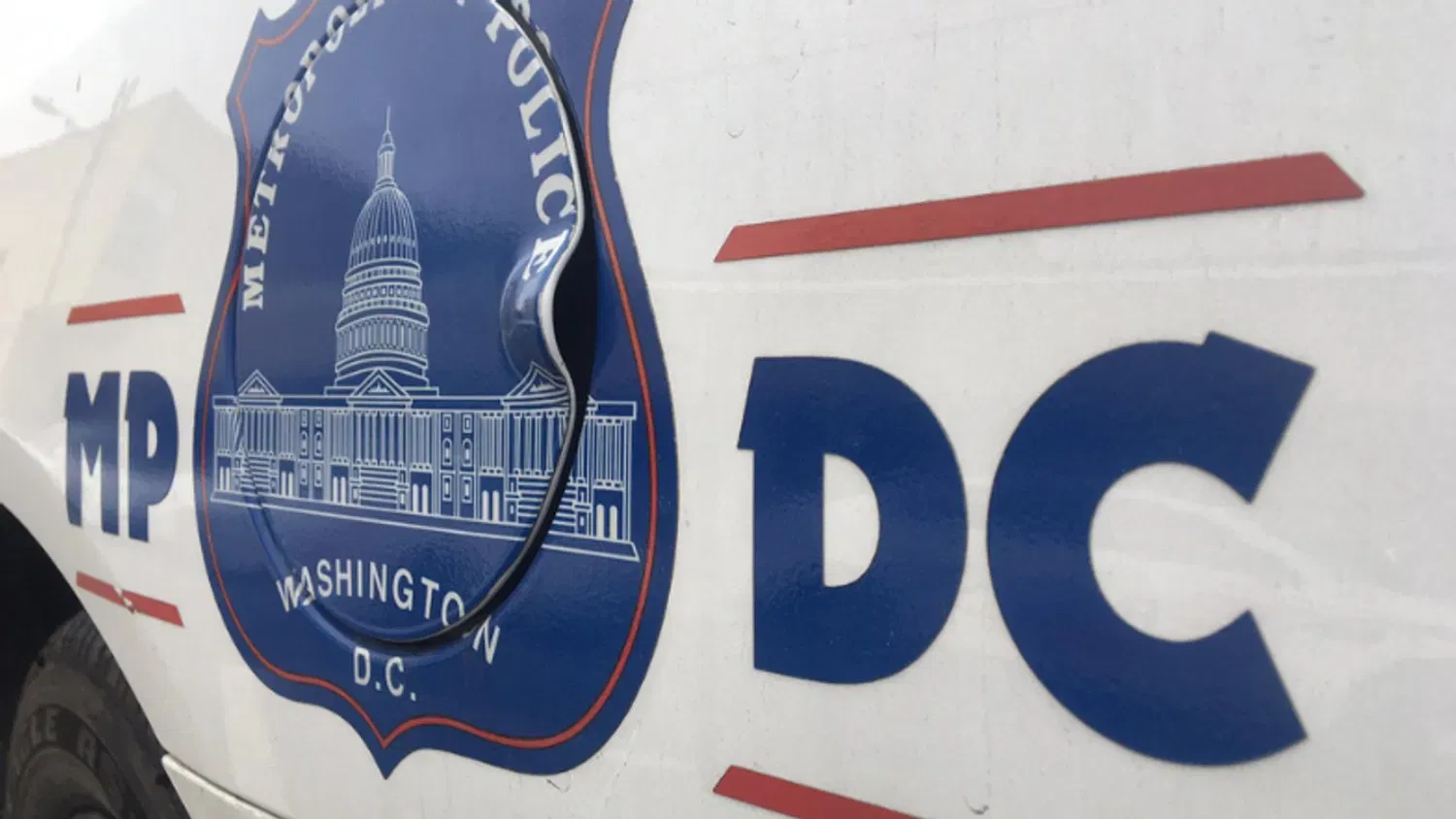
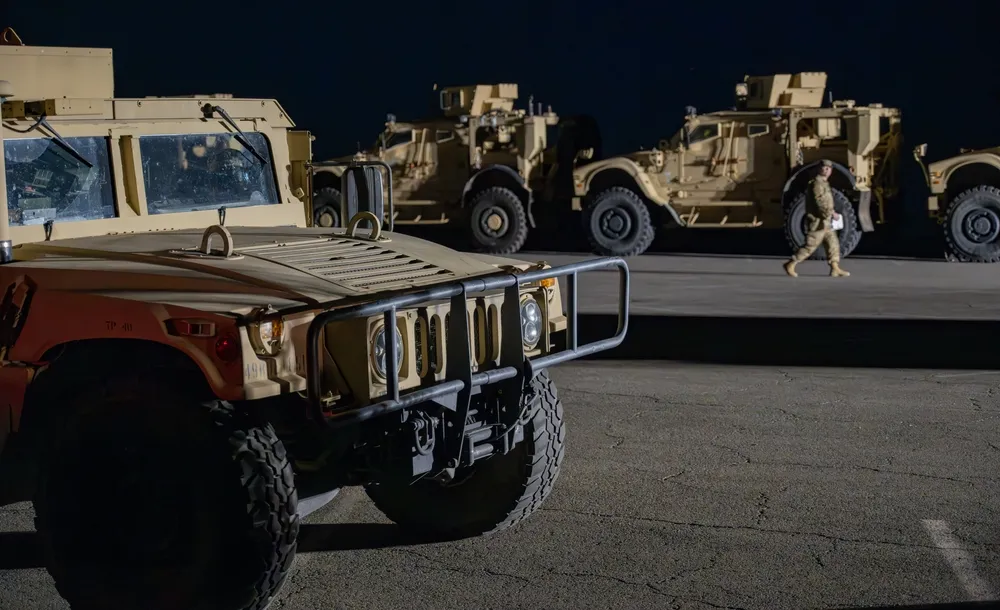
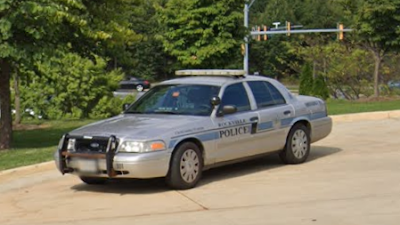

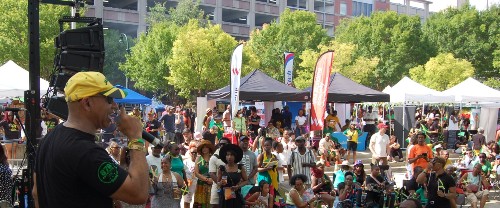
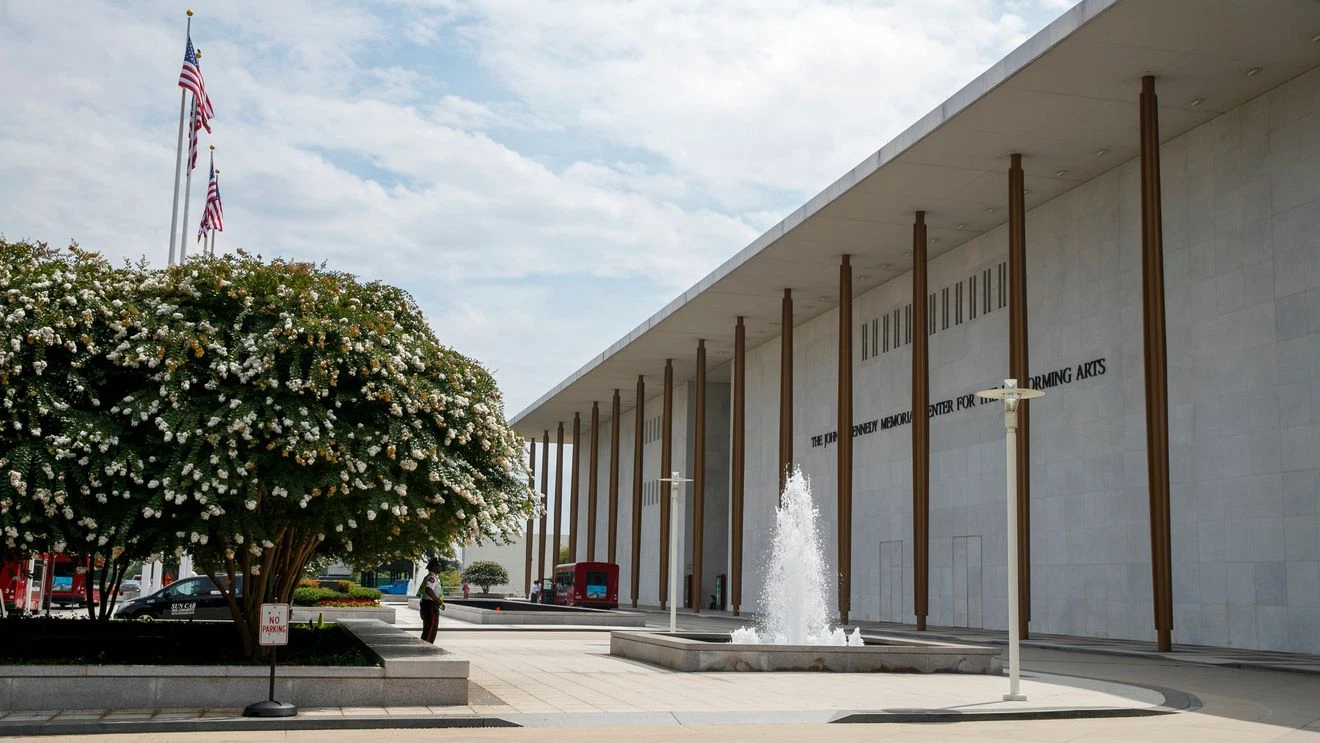
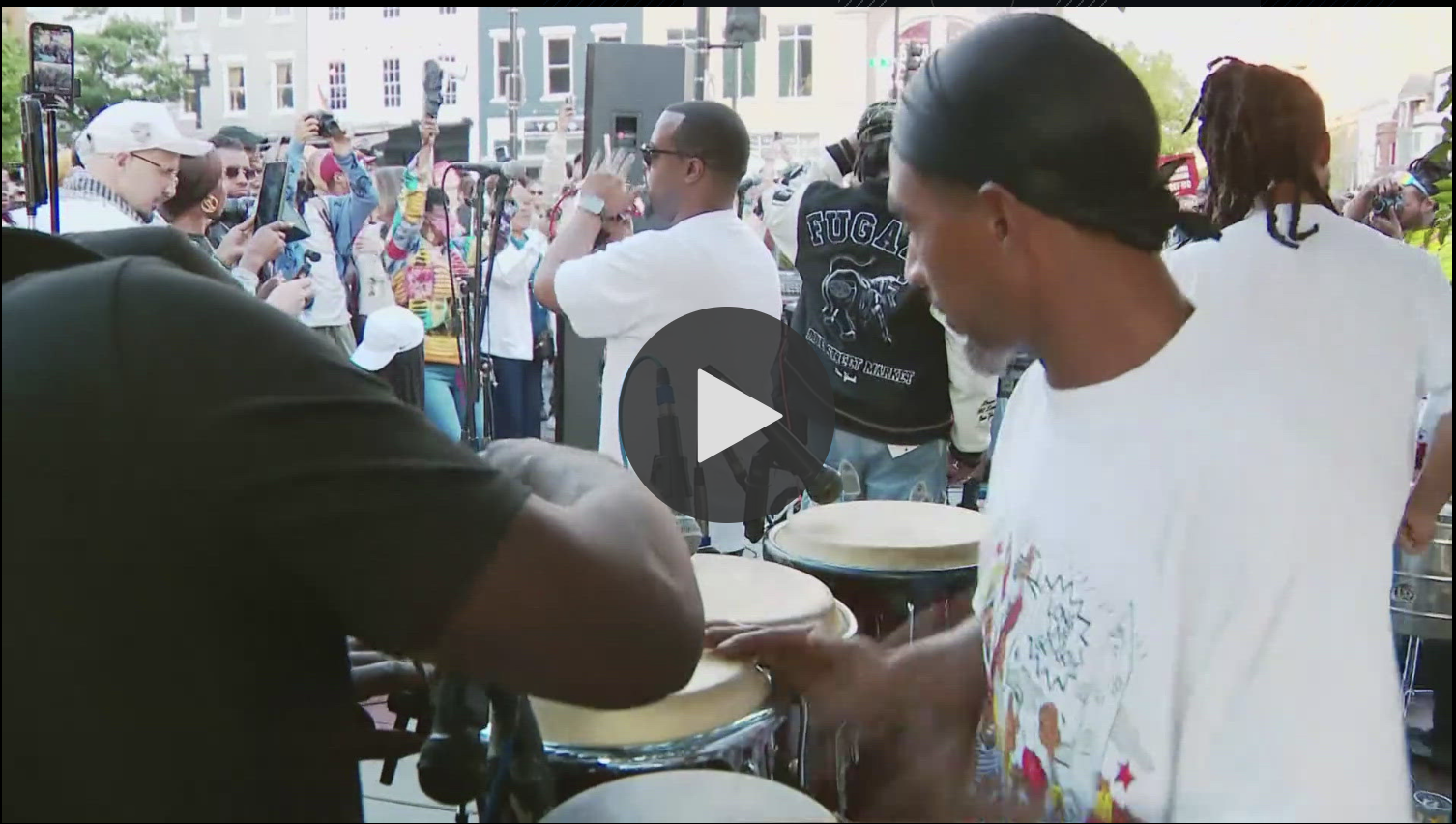
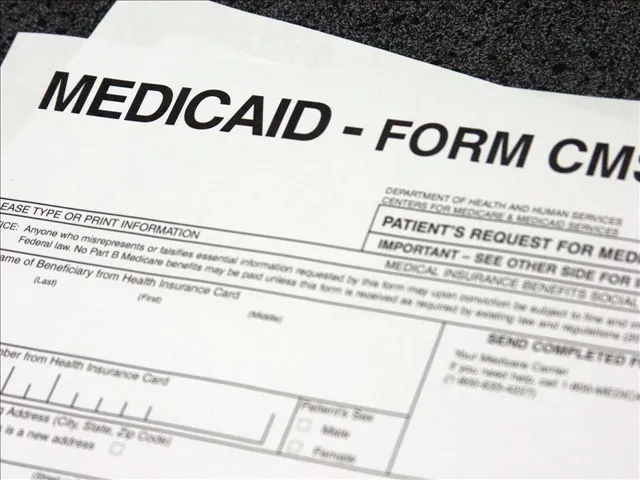
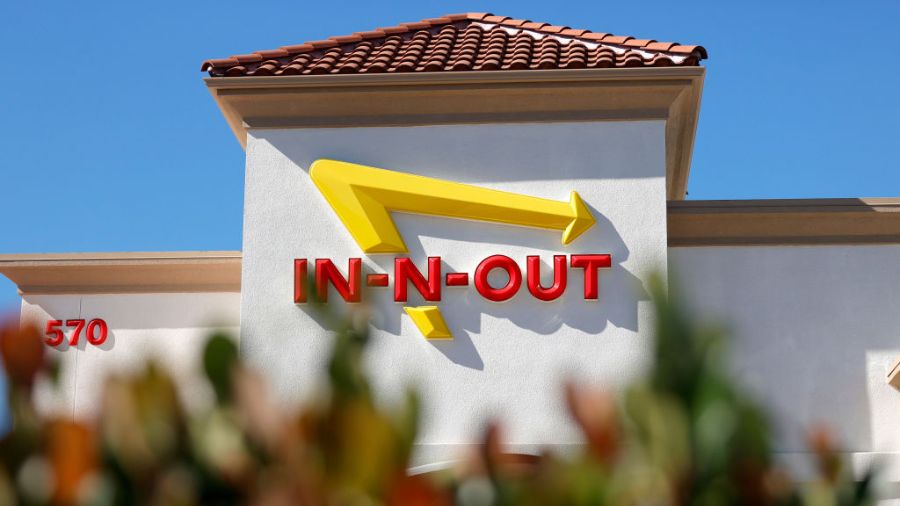
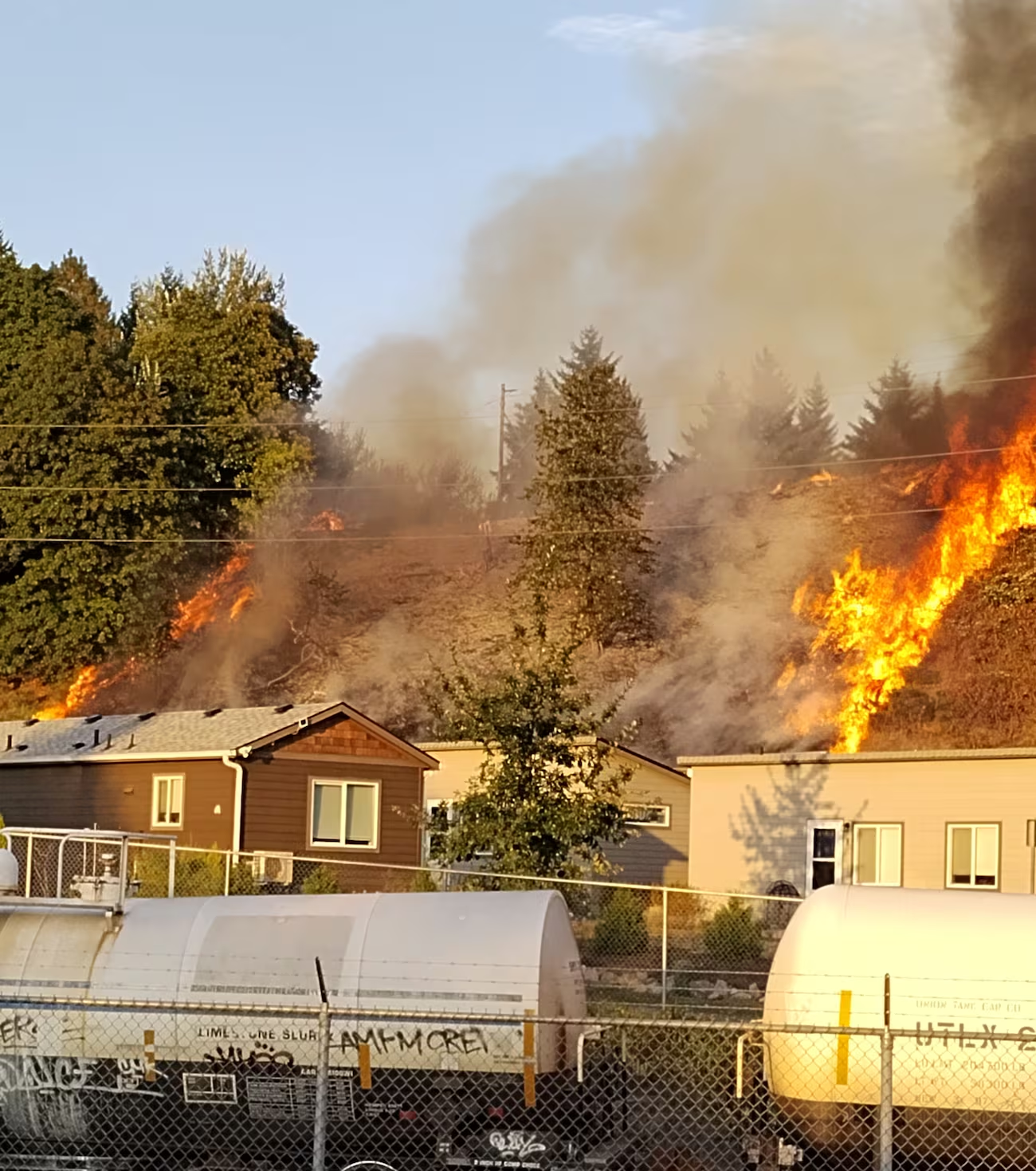
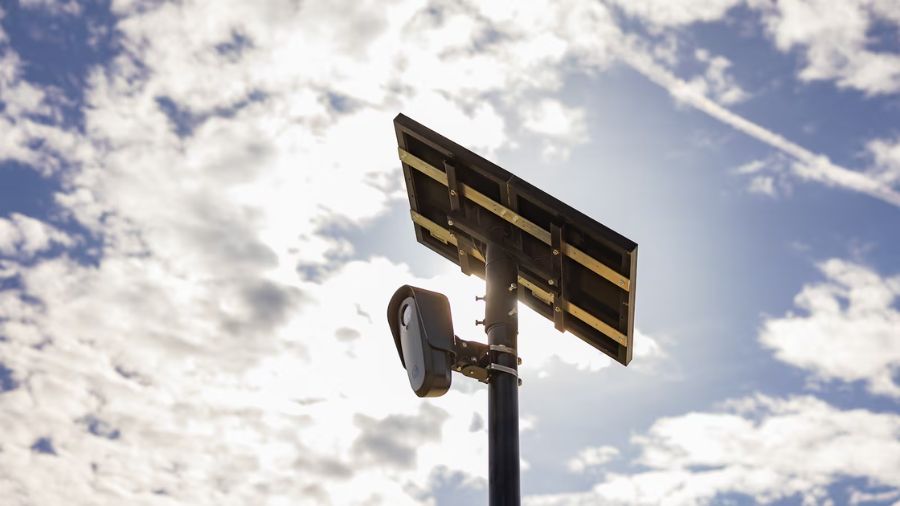
Leave a Reply